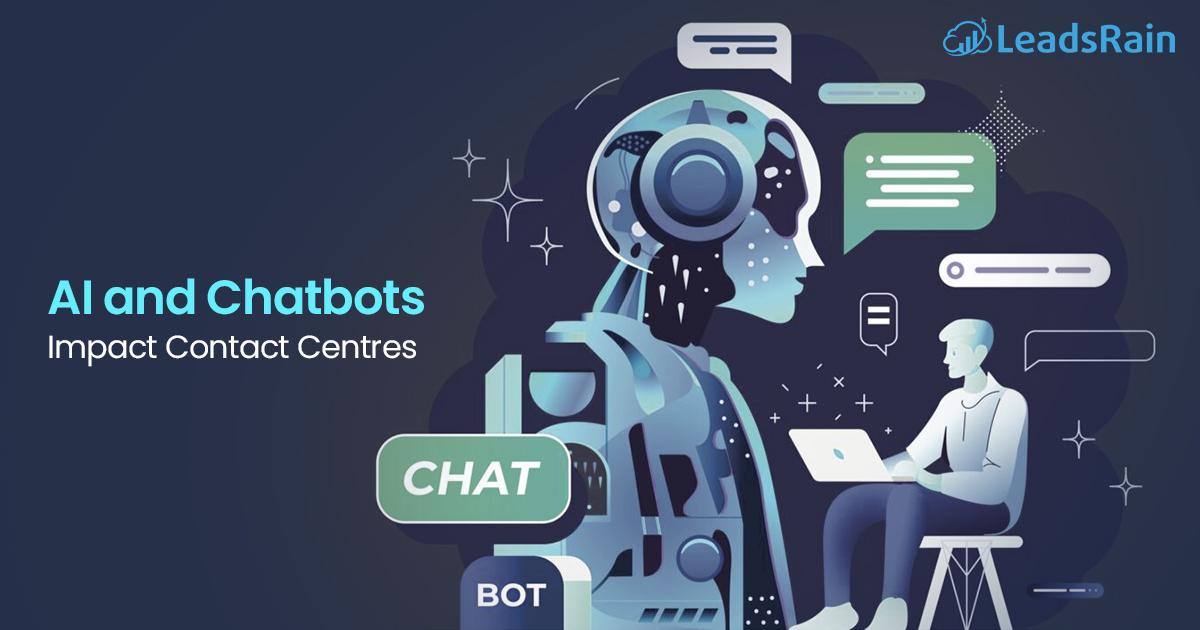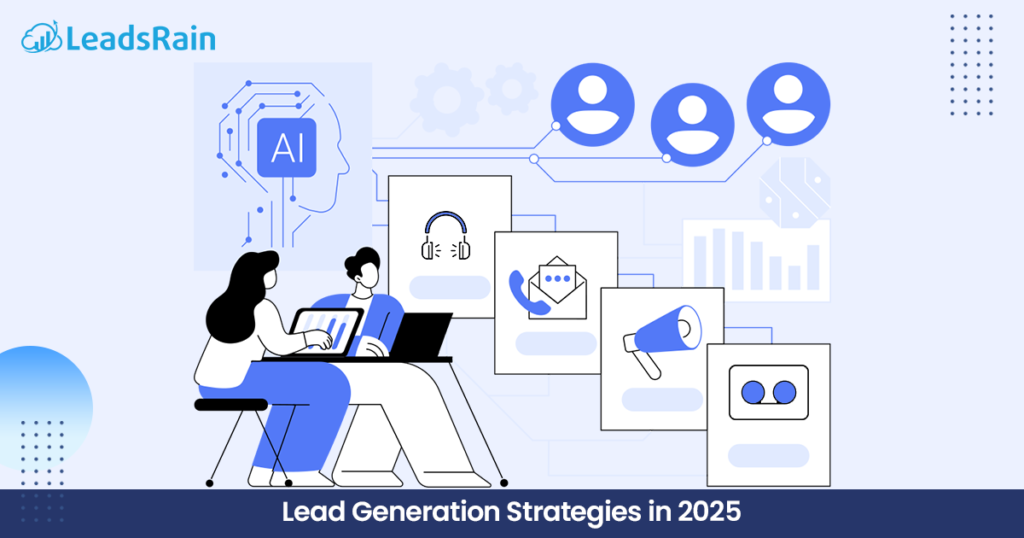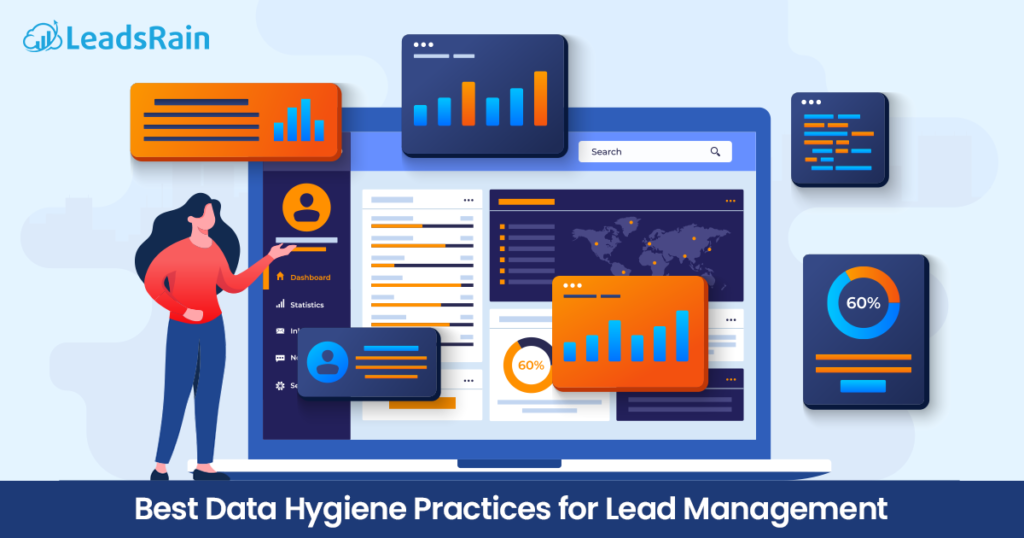Whether you like it or not, AI and chatbots have already penetrated many aspects of contact center operations—customer service is no more an exception. These technologies are indispensable for modern commerce.
PwC’s research shows that around 45% of total economic gains will stimulate consumer demand by 2030. This is because AI-driven will increase personalization and attractiveness over time.
Let’s understand some of the crucial aspects surrounding AI and chatbots in contact centers.
What is AI in a call center?
AI in call centers pertains to the integration of Artificial Integration technologies such as Natural Language Processing(NLP), Speech Recognition, and Machine Learning(ML) to automate taste, analyze customer interactions, and improve the overall efficiency of customer service.
To a great degree, AI is revolutionizing the way call centers deliver customer service. AI can handle tasks like routing calls, and providing automated responses through chatbots, sentiment analysis, and many more to enhance the customer experience.
What is a Chatbot in a Call Center?
On the other hand, chatbots and AI software stimulate natural language through messaging applications, websites, mobile apps, and the telephone. Chabots answer the basic questions, assess customer needs, and lower the need for a human response in many aspects.
The chatbot’s contribution in a call center can be to offer 24/7 availability, handle routing questions, handle higher call volume, and deal with complex tasks.
Current role of AI & Chatbot in Contact Centres
According to a SalesForce study, “Almost 69% of consumers said that they are open to the use of AI to improve their experiences“.
As the year draws to a close, 2024 holds the potential for significant operational changes in contact centers and technology advancements. Artificial intelligence (AI) and chatbots are not just trends but necessities for industry enhancement. These advanced technologies are cool-headed to redefine customer interaction and step ahead for a more personalized and efficient approach.
Statistica conducted a study that discovered,
“Around 60% of customers are more satisfied with their experience interacting with AI-powered customer service bots”.
Now, let’s go back to the current role of AI and chatbots in contact centers! AI is offering invaluable performance in routing tasks and delivering instant solutions to customer queries.
AI-driven call centers achieve faster response times, proactively engaging with customers via text or email. With the adoption of AI in call centers, businesses operate 24/7/365 self-service options, offering personalized services that increase customer retention. Thus, the exertion of AI and chatbots is a start insertion to the contact center.
Recently, 51% of contact center professionals conducted a survey, which resulted in that;
- The biggest advantage of chatbots is they shorten customer call times
- Around 50% of respondents profess that chatbots seamlessly transition to human agents
- 44% declare that chatbots divert calls and lighten the load on agents.
- Almost 28% stated that chatbots improve crucial metrics like average response time.
How will AI and Chatbots Impact Contact Centers in 2024?
AI and Chatbots are poised to significantly transform contact centers in 2024, reshaping customer service dynamics and opera efficiencies. This evolution represents a paradigm shift in how businesses interact with their customers, leveraging technological advancements to deliver enhanced experiences while streamlining operations.
AI-powered chatbots entitle contact centers to stay up with service demands, meet customer expectations, and drop-ship a superior customer experience. The real strength of AI chatbots lies in their ability to enable more intelligent integrations with attendant solutions like CRM or ticketing tools.
In 2024, AI and chatbots are set to play an even greater role in contact centers. From AI-powered chatbots handling initial customer inquiries to innovative algorithms predicting customer needs, enabling personalized customer interactions.
The impact of AI on contact centers is significant, making it possible to perform 24/7/365 and respond quickly to customers on a large scale. AI- augment automation strategies have proven to be effective in customer engagement and reducing failures engendered by performing human agents. AI technologies lead to continuous improvement and significantly reduce the cost of monitoring and training in call centers.
A marketing conversational platform — Botco released a new study named “The State of Chatbots in Contact Centers”, investigating how and why contact center professionals employ chatbots in consumer interactions. According to the study published, almost more than 75% of contact centers optimize intelligent chat solutions to boost productivity.
Thus, AI and chatbot technology allow human agents to focus on value-added interactions, resulting in better customer service.
Which three technologies will have the biggest impact on customer service by 2028?
According to Gartner, Inc. “The three technologies that will transform customer service support by 2028 are Generative AI, digital customer service, and conversational user interfaces (CUIs).
“Within the next 5 years, we expect these technologies to change the edge of customer service and support”
Drew Kraus, VP Analyst
These technology trends are expected to significantly impact call centers, shaping both their operational framework and the overall customer experience.
AI Technology
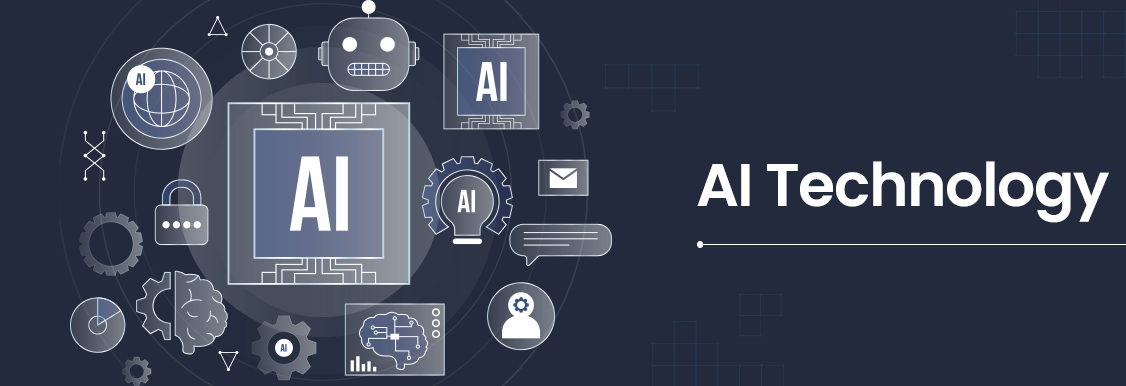
In the year 2025, almost 80% of customer services and support organizations will be appealing to Generative AI Technology, as predicted by Gartner. Generative AI, which is currently at the Peak of Inflated Expectations, will improve agent productivity and CX. This technology will be chiefly used for AI-supported chatbots and automation of human work.
Digital Customer Service
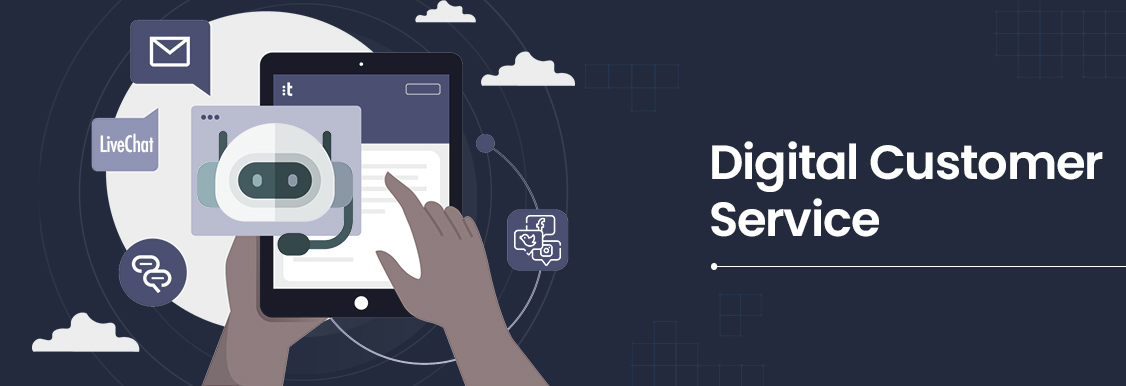
Gartner got the drift of the emergence of a new area of customer care called “digital customer service”. The trend towards omni-channel communication in contact centers reflects a broader shift towards digital customer service. Their offerings mostly focus on seamless conversation orchestration across digital channels via phone, social media, email, or live chat.
As stated by Kraus, “Digital customer service will transform CX outcomes by reducing friction and eliminating unnecessary customer effort”. This can be achievable with omni-channel strategies, ensuring seamless, efficient, and responsive customer experiences across multiple digital channels.
Conversational Interface
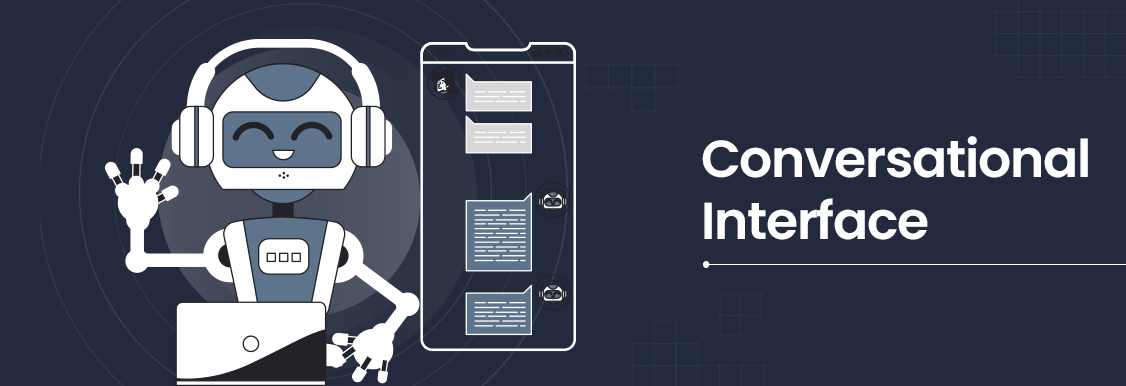
CUIs are human-computer interfaces that directly layout control between the customer service agent and the applications they are operating to fulfill a request, like answering a question or completing a task.
When a conversational user interface is used via chatbots, customer experience and self-service adoption improve. CUIs will be of utmost importance for driving efficiency and meeting customer-changing expectations.
5 Use Cases of AI in contact centers
Let’s now visit through some of the best use cases of AI solutions in contact centers and understand how they can automate processes, and streamline your workflow operations. Here we go;
1. Call Routing
A call routing system empowered with AI uses machine learning (ML) algorithms to analyze incoming calls and route them to the appropriate agent based on their skills, expertise, and availability. AI is integrated with CRM systems to access customer information to maximize skills-based and predictive routing. AI-powered contact centers enable multichannel routing.
2. Call Transcriptions
When a customer call is generated, The AI listens to the conversation and transcribes it into text. Call transcription enables agents to read and respond more effectively to customer queries or concerns. AI-powered transcriptions provide a valuable reference, i.e., documents for future interactions. Text transcripts from calls are displayed on the agent’s screen in real time.
3. Automated Routing Inquiries
AI automatically handles routing inquiries, ensuring agents’ freedom and helping them achieve more complex and demanding tasks. The AI-powered system using chatbots or virtual assistants manages high call volume, reduces waiting times, and ensures accurate responses to customer inquiries.
4. Opinion mining
Contact centers that use AI-powered sentiment analysis enable them to analyze customer interaction in real-time. When a customer call is generated through chat or email, AI algorithms will briskly assess the sentiment of the customer conversation. Sentiment analysis identifies whether the customer is happy, frustrated, angry, or neutral. This analysis allows contact center agents to fine-tune their communication approach towards customers.
5. Call Recording
AI-driven call recording facilitates the recording and analyzing of all customer communication. This captures non-voice interactions such as Text Messages, email, or live chat. Call recording support agents to recognize the areas of improvement and may be useful for training materials.
Will AI replace Call Center Agents?
Let’s get straight to the point. Is AI replacing call centers and their agents? The straightforward answer is no, not really.
Let’s clarify that, though: Today’s AI-empowered solutions for call centers might be taking over certain areas of call center operations, but they’re not replacing agents. AI and Chatbots will not entirely replace agents, but they will be replaced by agents who know how to leverage AI and chat.
One report issued by Survey Monkey revealed that
“Almost 90% of people still prefer to get customer service from agents rather than Chatbot and 61% of the surveyed results indicate that agents understand customer needs and preferences better than AI”.
Although AI tools enhance contact center operations, they aren’t likely to transform agents at any time due to the limitations and challenges involved in optimizing them. Around 45% of CS professionals believe that using AI while maintaining personalized experiences is the biggest challenge.
When asked respondents, several answers were received: around 44% said chatbots replace some of the employees, 43% stated chatbots and AI enhance a team’s capabilities. However, they do not replace agents, and almost 10% stated that “some technologies had no discernible impact on their team”.
Conclusion
Winding up, the trends discussed above can be a blueprint for a company. The call center industry can enhance customer service and CX by embracing AI advancements. One insider tip: Both AI and Chatbots support future-proof businesses, are cost-effective, and add a competitive edge.
